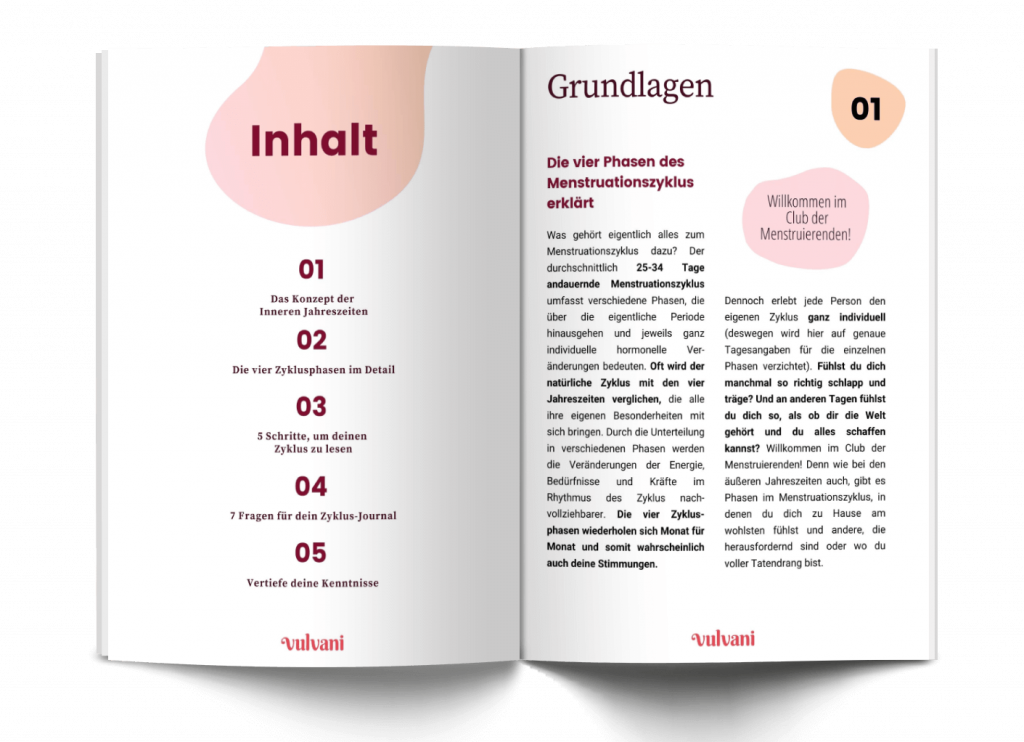
Discovering your menstruation as a spiritual practice
Yasmine understands her menstruation as a spiritual practice and shares in this interview how she is connecting more with her own body through cycle awareness.
You can’t have a baby? Must be a female problem! Be careful with such statements because they are not (always) true! It is one of the common mistakes in talking about infertility. But let us have a deeper look into what is behind those societal norms and expectations for couples who wish for a child! Dr. Michelle tells us about the mental and physical problems in the journey through fertility:
Fertility today has transformed its definition into something that has been cloaked in shame. It is a subject that is often whispered among hushed tones, peppered in a lot of stress and anxiety. Approximately 15 % of couples around the globe document infertility. This amounts to millions! Yet we do not talk about how couples tackle this journey through fertility with both its mental and physical facets. When researching infertility, some of the first thoughts are often the methods to achieve fertility again. However, the less-discussed aspect is the stifling burden that infertility has on relationships and individuals reducing their worth to their ability to procreate.
Fertility is often depicted as a struggle for a person with a uterus to get pregnant. Unfortunately, this is due to the connection built between the uterus and the baby. In many parts of the globe, particularly rural sections, menstruators are subjected to years of rigorous testing and therapies. This is without considering a potential biological male cause, primarily because societal norms have not allowed the possibility of a inefficiency by non-menstruators. The CDC highlights that there is about 35 % of a male factor along with a female one among couples who are unable to conceive. Several factors contribute to fertility in non-menstruating individuals. These include general health and wellbeing, semen and sperm quality and quantity, medications, underlying medical conditions, and even mental health.
For menstruators, there are many more aspects that are explored to conclude a diagnosis of infertility. A comprehensive examination of the reproductive tract, hormones, underlying medical conditions, medications as well as lifestyle factors is generally conducted. While we are aware of an equal possibility, the psychological impact is higher among menstruating people to conceive. Resultant therapeutic measures are largely aimed at reproductive system of people with a uterus, enhancing their chances of getting pregnant. And a failed attempt is brushed aside without exploring the impact it possibly could have had on the menstruator and the couple.
For decades the completeness of a menstruating person has been deeply intertwined with her ability to bear children. This is why an inability to do so often makes her/him feel inadequate or defeated in life’s purpose. At the similar end of the spectrum, the inability to impregnate their partners causes non-menstruators reflect on their “masculinity“. While both partners are often stressed about a similar circumstance, the channel for dialogue is scarcely explored. This is due to the minimal avenues for mental health discussions within the fertility ecosystem. There is a huge strain within the relationship caused as a result of infertility.
To feed into the vicious cycle of fertility, the stress and anxiety experienced by the couple can further reduce their chances of conception. Mental health concerns that are not adequately addressed are known to affect physical functions within the body such as the regulation of hormones and metabolic functions. Within the few studies that are conducted concerning fertility and mental health, women are often frequent candidates. Among the studies conducted to document mental health among men, there is a substantial increase in anxiety observed among the cases of infertility. Impacts on relationships are probably the most infrequently explored dimension in the journey though fertility.
Tackling infertility beyond the scope of just a physical inability is highlighted as a basic human right by the WHO. There is a need to view couples as individuals themselves that are beyond the realm of reproductive machines. While the mental health of heterosexual couples is currently scarcely explored, it is safe to assume the struggles that older couples, LGBTQ* couples, disabled couples, relationships with more than two partners, surrogates, and even individuals who wish to be single parents experience are not even on the radar. A few studies have documented a positive impact on addressing the psychological needs of women on their journeys through fertility. Additionally, couples who are tackling their fertility struggles benefit tremendously from counselling, increasing pregnancy rates as a consequence.
There are so many concerns that are rarely voiced when managing fertility largely due to the proverbial finish line of having a baby. This has in turn diluted the joy that couples often seek when deciding to have a family. The bond is lost over a barrage of medical tests, failed cycles of IVF, and societal pressure to procreate. So, what does it need? The system built to tackle fertility should invest in cultivating the individual and their needs. This means couples should feel that they always have a choice whether they wish to have a child or not. At no interval must it appear to be a failure. Additionally, couples must be encouraged to foster their relationship through the process, and importance should be played on them versus their need for children.
Do you struggle with infertitity or have opinions on the topic? Share your thoughts, problems, and your journey through fertility in the comments!



Yasmine understands her menstruation as a spiritual practice and shares in this interview how she is connecting more with her own body through cycle awareness.

What options are there for male birth control? Ailsa delivers an overview of what is available now, and what may come in the future.

Sustainable underwear? The founders of TUKEA talk about fair labour conditions, body diversity and body literacy.
…and empower countless women to make empowered choices about their bodies!

